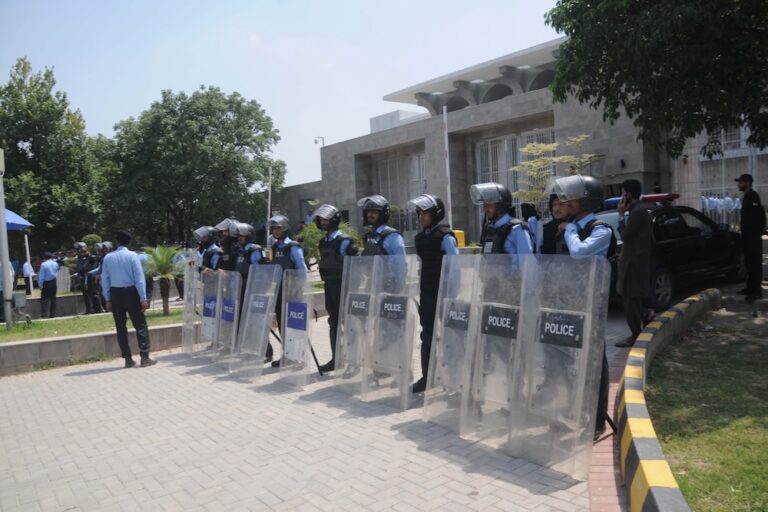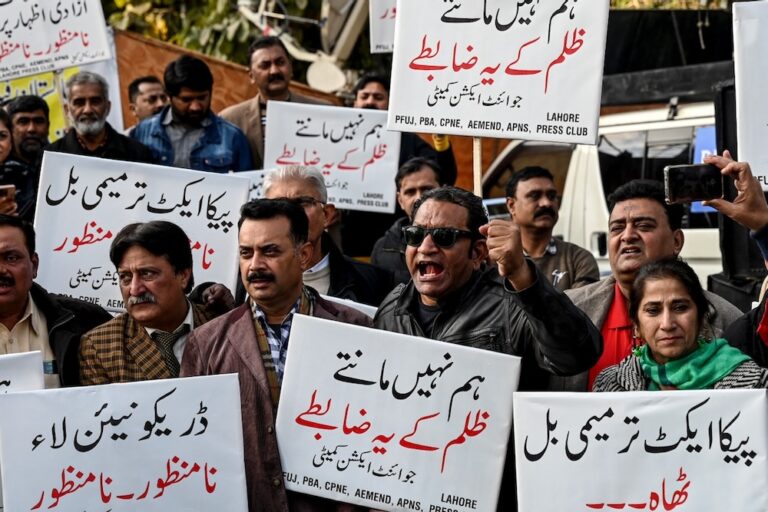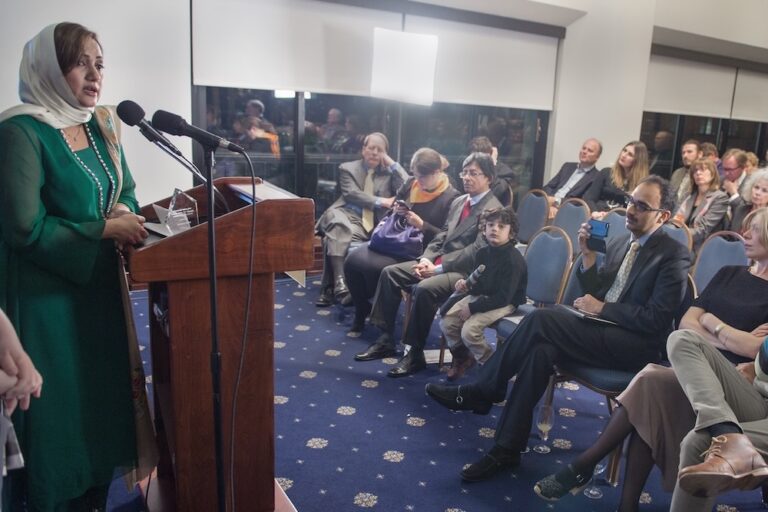(RSF/IFEX) – Reporters Without Borders has criticised the Pakistani army for barring journalists from entering the district of Bajaur, in the Tribal Areas north of Peshawar, where about 80 people were reportedly killed in an army air strike on 30 October 2006 on a madrasah (Islamic school) run by a pro-Taliban cleric. The area is […]
(RSF/IFEX) – Reporters Without Borders has criticised the Pakistani army for barring journalists from entering the district of Bajaur, in the Tribal Areas north of Peshawar, where about 80 people were reportedly killed in an army air strike on 30 October 2006 on a madrasah (Islamic school) run by a pro-Taliban cleric.
The area is now effectively closed to the press and, under pressure from local authorities, only journalists from the Tribal Areas are tolerated.
“It is regrettable that the press has again been banned from covering a controversial military operation,” Reporters Without Borders said. “This lack of transparency is arousing suspicion about the facts of this air strike, which is threatening the fragile peace in the Tribal Areas. We are reminded of the government’s continuing refusal to shed light on the kidnapping and murder of reporter Hayatullah Khan after he investigated an air strike in a tribal area.”
Two Peshawar-based journalists, Haroon Rashid of the BBC World Service’s Urdu-language service, and Mehmood Jan Babar of Pakistan’s AVT Khyber TV, were denied access to Bajaur on 31 October. Soldiers are checking each vehicle entering the area and have been given strict orders not to let any journalist go to Khar, the capital of Bajaur, or to the site of the air strike. “You are not welcome . . . We have orders to turn back all journalists,” the two reporters were told. A third Peshawar-based journalist was denied access to the district.
Earlier this year, the authorities arrested journalists heading to Khar with the aim of covering an air strike on the village of Damadola that reportedly left 13 dead (see IFEX alert of 17 January 2006).


